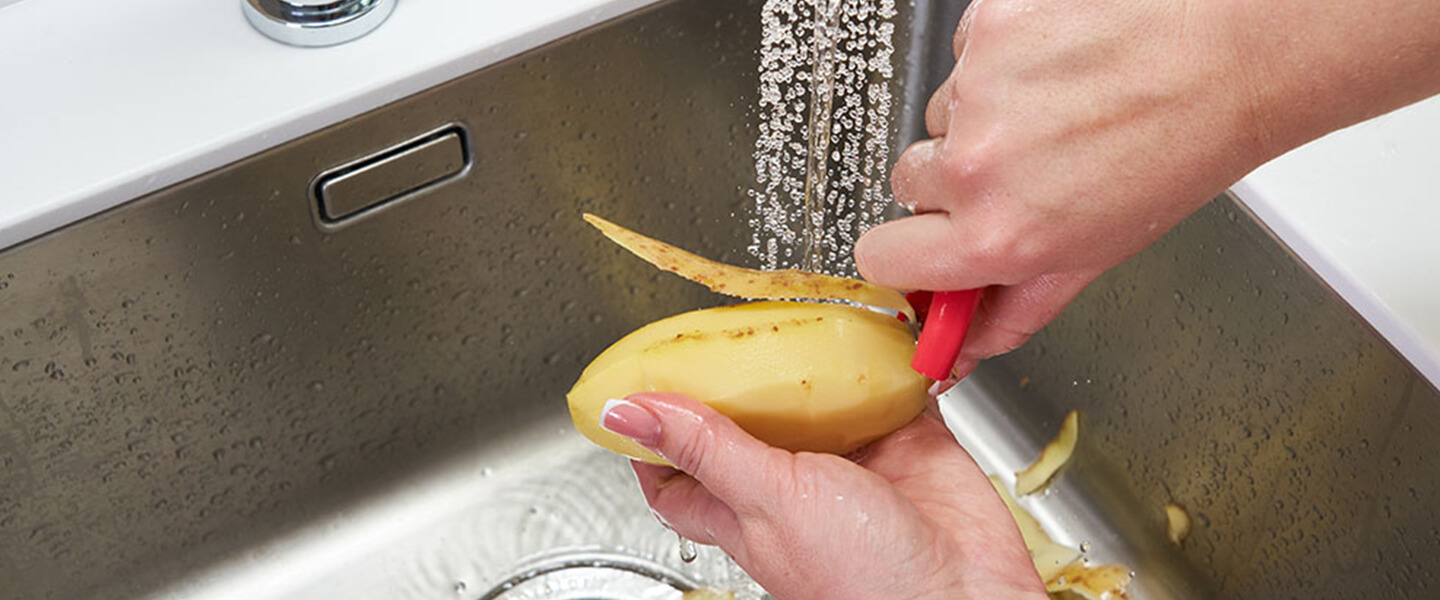
If you have a food disposer in your home, you will know that it is a great appliance that enhances the efficiency of household duties in the kitchen. With the use of advanced technology, food disposers such as trash compactors provide an efficient, convenient, hygienic, and clean way of discarding food waste and saves you time as well. However, for a long time, food disposers have been known to be a large consumer of energy and water. If you have a food disposer in your kitchen, here is some energy saving tips for you to save money on your next electrical bill.
USE ONLY COLD WATER
It is recommended to run cold water down the food disposer when it is in use. Not only is it more energy efficient as compared to hot water, it also helps in solidifying the oils and grease, which will prevent clogs.
AVOID SOME WASTE PRODUCTS
As much as possible, try not to put eggshells and coffee grounds in the food disposer. They will create small granular waste that may stick to any sludge inside the pipe and result in clogging. When ground up, potato peels will also create a starchy mass and may clog the pipes. Grease is also another culprit of clogging drains, particularly if it is rinsed down the disposer with hot water.
KEEP IT CLEAN
It is important to keep your trash compactor or waste disposals clean at all times. Some sources have found that soaking in vinegar and/ or baking soda will help to remove scales inside the food disposer.
GO SLOW
When using the food disposer, it is crucial that you put small amounts of food particles inside at a time. This will decrease the risk of jamming, which will take up more energy.
AVOID FIBER
Do not put fibrous materials such as lettuce, celery, artichokes, and cornhusks inside your food disposer. These materials have a higher risk of wrapping around the blades, which will decrease the efficiency and consume more energy than needed.
COMPOST KITCHEN SCRAPS
Waste disposal alternatives like composting is a great option. Composting kitchen scraps is a wonderful way to decrease the amount of food waste and will also help you save a significant amount of energy on operating food disposers. Composting may seem extremely daunting to many, but once you get started, it is much easier than you think.
BE CREATIVE WITH LEFTOVERS
Leftover food often ends up in food disposers, which creates more waste and takes up more energy. If you are wondering what to do with your leftovers apart from throwing them, there are a wide variety of amazing leftover recipes you can find online. Of course, it is important to ensure that the leftovers you are using are still good.
START REDUCING
Reducing food waste will help you save a significant portion of energy on operating food disposers. Start paying more attention to the exact portions of food that is enough for you and avoid cooking more than you need.


